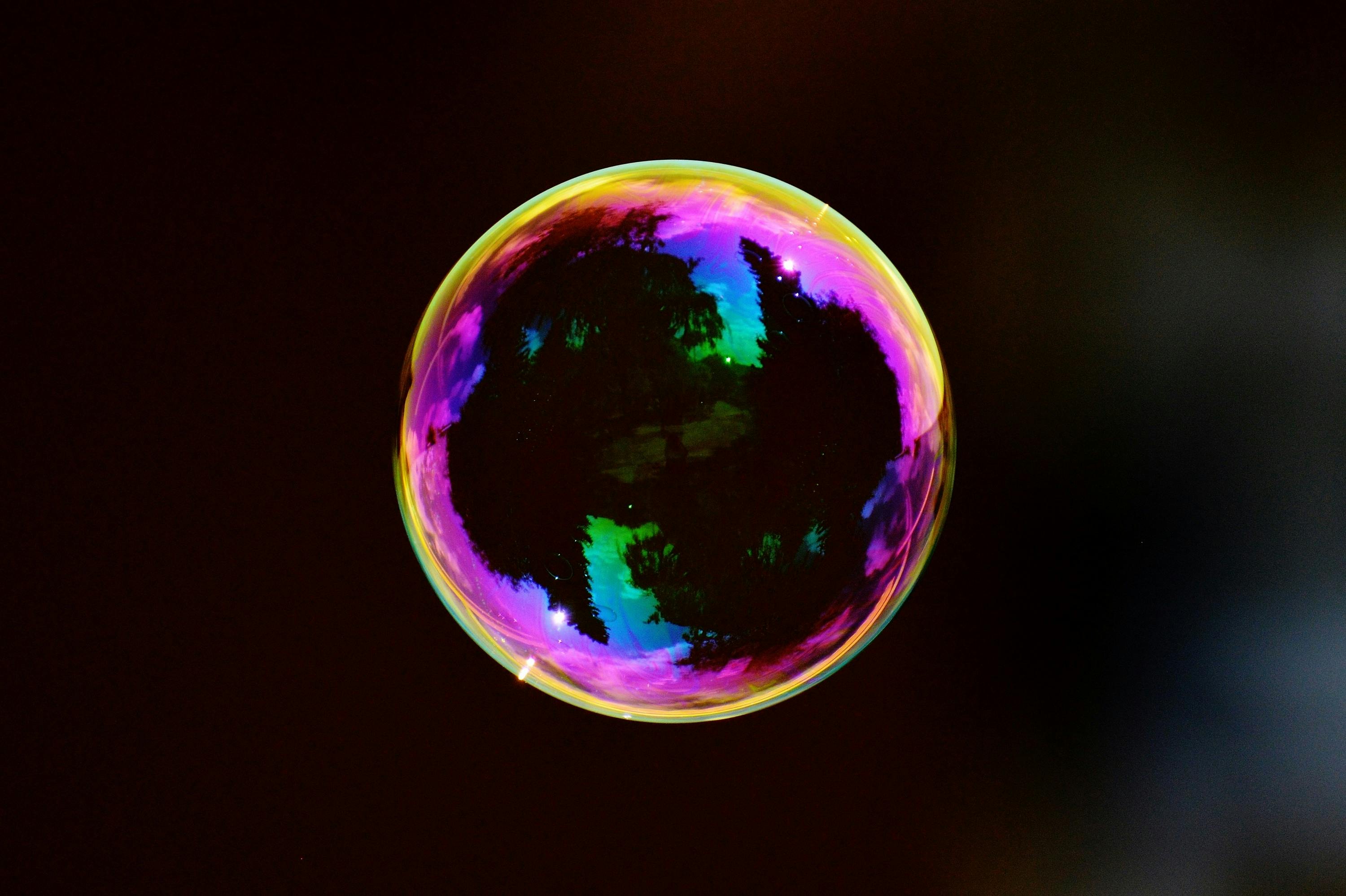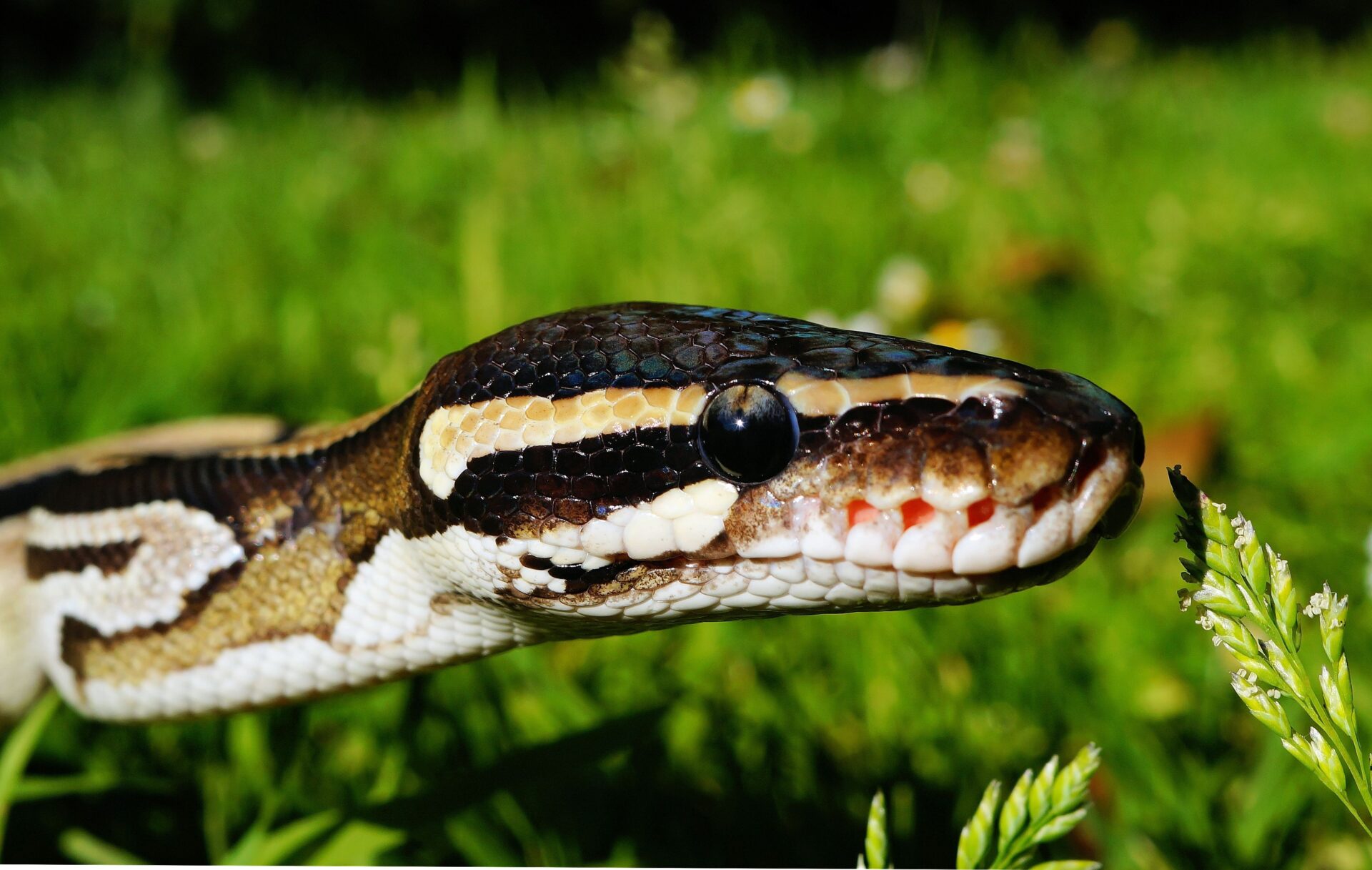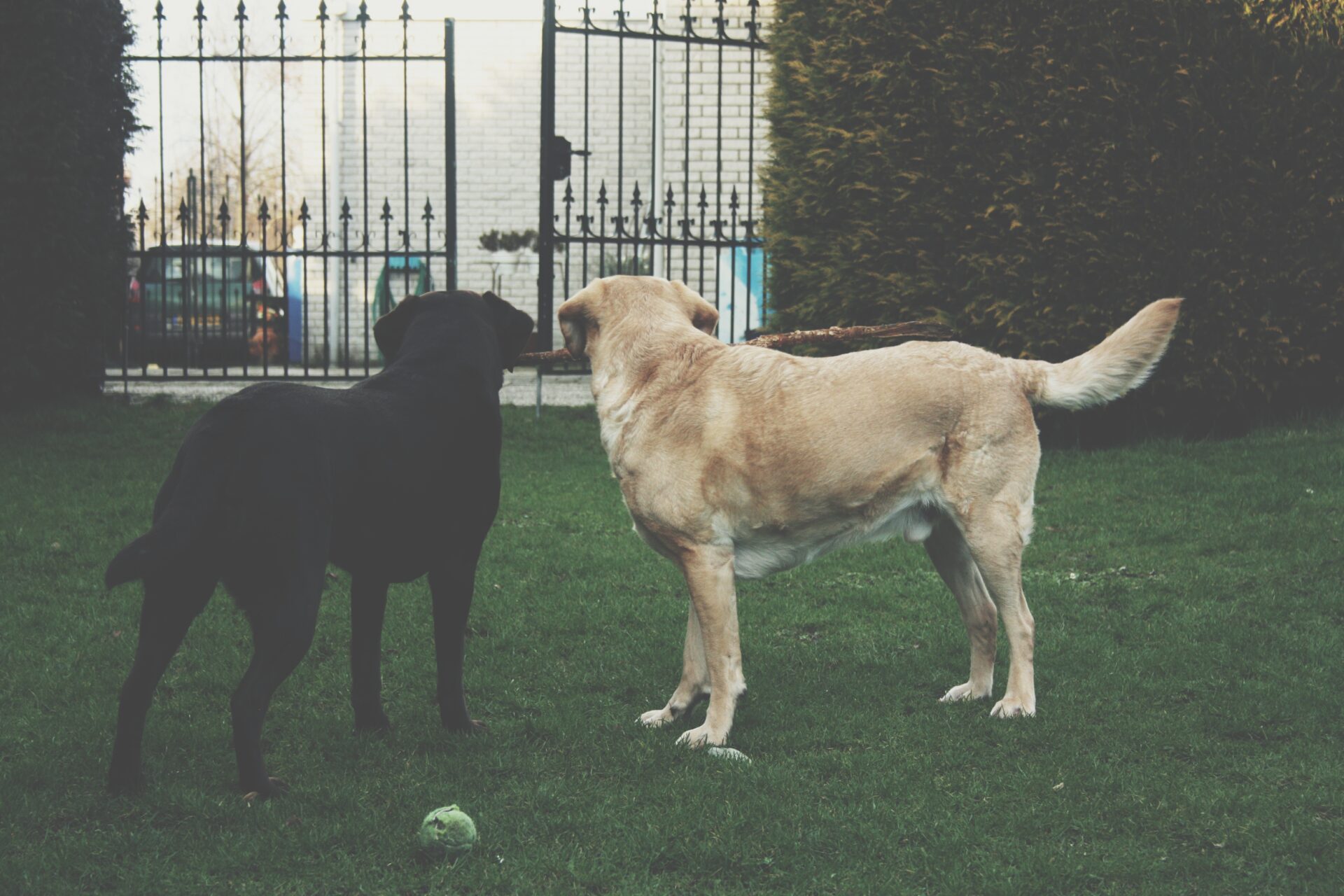Ball pythons are one of the most popular pet snakes in the world. They are relatively small and easy to care for, making them an ideal choice for many snake owners. But when it comes to purchasing a ball python, one of the most common questions people have is: how much does a ball python cost? This article will provide an overview of the various factors that influence the price of a ball python, as well as some estimates on what you can expect to pay.The cost of a Ball Python will vary depending on the age, size, and morph of the snake. Generally, a healthy, captive-bred Ball Python will cost anywhere from $30 to $500. The price may also depend on whether you buy a single snake or purchase a breeding pair. If buying from a breeder or pet store, you should expect to pay more than if you buy online or from classifieds. It is important to research the source of the snake and make sure it is healthy before making a purchase.
Age
One of the biggest factors that influence Ball Python cost is age. Younger Ball Pythons will generally be cheaper than older ones, as they require more attention and care than an adult. Older Ball Pythons may also cost more due to their rarity and the fact that they may have developed more complex traits. It is also important to note that Ball Pythons can live for up to 30 years, so it is important to consider whether or not you are prepared to care for them over such a long period of time.
Size
The size of the Ball Python can also affect its cost. Larger adults tend to be more expensive than smaller hatchlings, as they require more space and resources. Additionally, larger adults may have greater value due to their rarity, as well as the fact that they are more likely to live longer and produce more offspring.
Genetics
The genetics of a Ball Python can also influence its cost. Certain morphs or color patterns may be rarer than others, making them more expensive. Additionally, certain morphs may be in higher demand due to their aesthetic appeal or novelty, making them worth more money. Furthermore, certain morphs may have different characteristics such as size or temperament which could make them worth even more money.
Location
Location is another factor that can influence Ball Python cost. Different regions may have different prices for the same type of animal due to availability and demand in those areas. Additionally, breeders in different regions may charge different prices due to various factors such as shipping costs or local market conditions.
Overall, there are many factors that influence the cost of a Ball Python including age, size, genetics, and location. It is important to consider all these factors when deciding on what type of python you want to purchase and how much you are willing to spend on it.
Average Price Range of Ball Pythons
Ball pythons are one of the most popular pet snakes, and their average price range can vary significantly. Generally speaking, they typically cost anywhere from $50 to $300, depending on size, color morph, and other factors. Smaller ball pythons tend to be less expensive than larger specimens, while rarer color morphs typically command higher prices. In addition to the initial purchase price, potential owners should also factor in the cost of supplies such as a terrarium or cage, substrate or bedding material, heating and lighting equipment, and additional accessories like hides and water dishes.
Compared to other types of pet snakes, ball pythons are relatively inexpensive. As with any pet purchase, it’s important to make sure you’re buying from a reputable breeder or pet store in order to ensure you’re getting a healthy animal. It’s also a good idea to research what type of care your chosen species needs so that you can provide the best possible home for your new pet.
Where to Find Ball Pythons for Sale
Ball pythons are a popular species of snake in the pet trade, known for their docile nature and attractive patterns. If you’re looking to purchase a ball python, there are many places to find them for sale. Local pet stores and reptile shops are a good place to start, as they often carry ball pythons in stock. In addition, you can also find ball pythons for sale at reptile expos and reptile shows. These events typically take place multiple times a year and attract vendors from all over the country selling their animals.
Another option is to purchase your ball python from an online reptile store or breeder. There are many reputable breeders who specialize in breeding and selling high-quality ball pythons. Many of these breeders offer a wide variety of morphs – which are genetic mutations that produce interesting color patterns – so you can find the perfect snake for your collection. When shopping online, make sure to research the vendor before making your purchase to ensure that they have a good reputation.
Finally, if you’re looking for an affordable option, consider adopting a rescue or rehoming a ball python instead of purchasing one from a store or breeder. Many rescues specialize in taking in unwanted reptiles and providing them with proper care until they can be adopted into loving homes. Adopting is not only cheaper than buying from a store or breeder, but it also helps save an animal’s life!
How to Buy a Healthy Ball Python
Buying a healthy ball python is an important decision for any reptile enthusiast. It is important to understand what you need to look for when selecting a ball python so that you can ensure the animal will be healthy and live a long life. Here are some tips on how to buy a healthy ball python:
The first step in buying a healthy ball python is to research the breeders you are considering. Research their reputation and ask for references or reviews from previous customers. Look for signs of good care such as clean enclosures, well-fed animals, and knowledgeable staff. Also, make sure that the animals have been properly cared for by asking about their diet, regular vet visits, and any health problems they may have had in the past.
When visiting the breeder, take time to examine the ball pythons closely. Look for signs of stress such as weight loss or lack of energy. Make sure there are no visible signs of illness such as lumps or discolored skin. Also check the eyes, nose, and mouth for any infection or irritation.
Once you have selected your ball python, it is important to quarantine it from other reptiles before introducing it into your home. Quarantining helps prevent the spread of diseases between your reptiles and also allows you time to observe your new pet’s behavior and health. During quarantine, contact your veterinarian if there are any changes in behavior or appetite.
Finally, after bringing your new pet home, be sure to provide it with proper care including an appropriate habitat with plenty of space and hiding places, regular feedings of appropriate prey items (avoid feeding live prey), regular vet check-ups, timely vaccinations as needed, and adequate lighting. These steps will help ensure that your new pet is healthy and happy for many years to come!

Pros of Owning a Ball Python
Owning a ball python can be an incredibly rewarding experience for any reptile enthusiast. These snakes are generally quite docile and easy to handle, making them ideal pets for those who want to interact with their pet snake. They are also relatively small, so they don’t require as much space as larger snakes. Ball pythons are also very affordable, so they can be perfect for those on a budget. Furthermore, these snakes tend to live longer than other species of snakes; some may even live up to 30 years with proper care.
Cons of Owning a Ball Python
While there are many pros to owning a ball python, there are also some cons that must be taken into consideration. These snakes require a specific temperature and humidity range in order to stay healthy, so owners must be prepared to create the right environment for their pet. Additionally, ball pythons require regular feeding and can sometimes become picky eaters; owners must be willing and able to provide the right food for their snake in order to ensure its health and wellbeing. Finally, these snakes can carry salmonella bacteria on their skin, which is why it’s important for owners to practice proper hygiene when handling them.
Additional Costs for Owning a Ball Python
Owning a ball python comes with an initial cost, but there are additional costs associated with owning one of these reptiles. These additional costs range from purchasing the necessary supplies to providing necessary veterinary care.
The most significant cost for owning a ball python is the initial purchase of the snake itself. Prices vary depending on age, size, and coloration, but typically range between $50 and $400. It is important to purchase from a reputable breeder or pet store, as these sources are more likely to have healthy animals.
Once you have purchased your snake, there are several other costs associated with its care. A tank or enclosure is needed for housing your ball python. The size of the enclosure depends on the size and number of snakes being housed in it. A 20-gallon tank is large enough for an adult ball python, while smaller tanks may be suitable for juveniles or baby snakes. Prices vary depending on size and material used in construction but can range from $30 to $200. Heating equipment such as heat lamps is also necessary to maintain the proper temperature in the tank and should cost around $30-$50 depending on wattage and type of bulb used. Substrates such as newspaper, paper towels, or reptile carpet will be needed to line the bottom of the enclosure and should cost around $10-$20 depending on how much you need.
Other supplies such as hide boxes, water dishes, thermometers, humidity gauges, and decorations may also be necessary in order to properly care for your snake. These items can add up quickly but will not cost more than about $50 total if purchased separately.
Finally, veterinary care is an important part of caring for any pet reptile. Regular checkups are recommended at least once a year to ensure that your snake stays healthy and happy; however, if illness or injury occurs then additional vet visits may be required which can be costly depending on what treatment is needed. Other services such as fecal testing may also be necessary in order to monitor your pet’s health which can add up over time.
Choosing the Right Cage for Your Ball Python
When it comes to housing a ball python, there are a few things to consider. The size of the cage, type of substrate, temperature and humidity requirements, and any additional furnishings can all make a difference in the health and well being of your pet. It’s important to do your research and choose the best possible cage for your ball python.
The size of the cage is an important factor when it comes to choosing the right cage for your ball python. A basic rule of thumb is that you should provide an enclosure that is at least twice as long as the snake itself. This will give your ball python plenty of space to move around and explore its environment. You also want to make sure that the cage has adequate ventilation, as poor ventilation can lead to health problems such as respiratory infections.
The type of substrate you use in the cage is also important. Substrates such as newspaper, astroturf, and cypress mulch are all good options for ball pythons. You’ll want a substrate that helps maintain proper humidity levels while still allowing for easy cleaning. Avoid using sand or gravel substrates as they can be difficult to clean and can lead to gastrointestinal issues if ingested by your pet.
Temperature and humidity play an important role in keeping your ball python healthy and happy. Ball pythons require temperatures between 78-85°F during the day with a nighttime drop between 70-75°F. Humidity levels should be kept between 50-60%. You’ll need a digital thermometer/hygrometer combo or two separate thermometers/hygrometers in order to accurately monitor temperatures and humidity levels within the enclosure.
Finally, you may want to consider adding additional furnishings such as hides or climbing branches within the enclosure. These items will help provide enrichment for your pet while also giving them places to hide if they feel stressed or threatened. Make sure any items you add are non-toxic and safe for your pet before placing them in their enclosure.
Choosing the right cage for your ball python is essential for its wellbeing. Taking into account factors such as size, substrate type, temperature requirements, humidity levels, and potential furnishings will help ensure that you have created a safe environment for your pet. With proper care and maintenance, you can ensure that your ball python has everything it needs to live a long and healthy life!

Conclusion
Overall, the cost of a ball python can vary depending on the age, size, morph, and color of the snake. The price may range anywhere from $20 to over $1,000. Before purchasing a ball python, it is important to research different breeders and pick one that has the best reputation. Additionally, make sure to check the health of the snake and ask for pictures or videos prior to purchase. Ball pythons are an incredible pet and with proper care will live for many years.
No matter what your budget is, there is a ball python out there for you. They come in a variety of colors and morphs that are sure to fit any preference. With proper care and attention, you can have a pet that will be happy and healthy for years to come.




